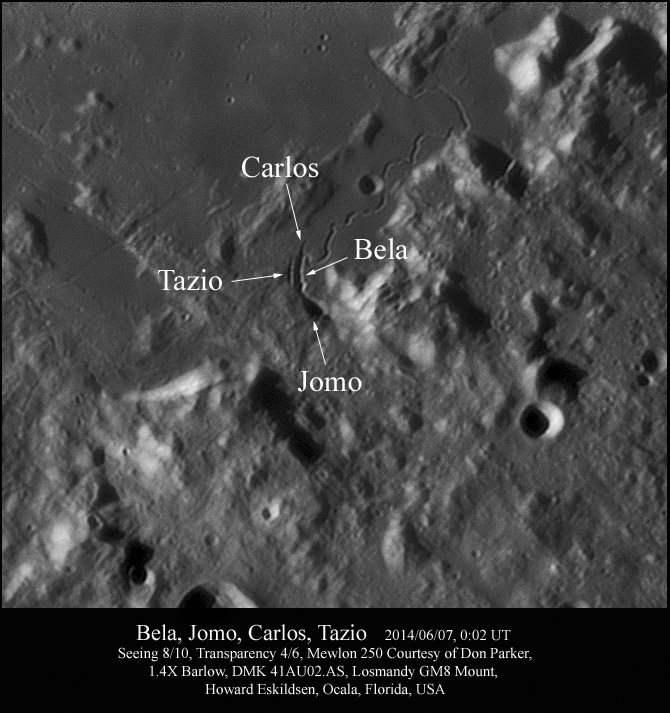Difference between revisions of "August 28, 2014"
| (6 intermediate revisions by the same user not shown) | |||
| Line 1: | Line 1: | ||
__NOTOC__ | __NOTOC__ | ||
| − | =Abandoned | + | =Abandoned and Otherwise= |
| − | + | <!-- Start of content --> | |
<!-- ws:start:WikiTextHeadingRule:0:<h1> --> | <!-- ws:start:WikiTextHeadingRule:0:<h1> --> | ||
<!-- ws:start:WikiTextLocalImageRule:6:<img src="/file/view/LPOD-Aug28-14.jpg/519910096/LPOD-Aug28-14.jpg" alt="" title="" /> -->[[File:LPOD-Aug28-14.jpg|LPOD-Aug28-14.jpg]]<!-- ws:end:WikiTextLocalImageRule:6 --><br /> | <!-- ws:start:WikiTextLocalImageRule:6:<img src="/file/view/LPOD-Aug28-14.jpg/519910096/LPOD-Aug28-14.jpg" alt="" title="" /> -->[[File:LPOD-Aug28-14.jpg|LPOD-Aug28-14.jpg]]<!-- ws:end:WikiTextLocalImageRule:6 --><br /> | ||
<em>image by [mailto:howardeskildsen@msn.com Howard Eskildsen], Ocala, Florida</em><br /> | <em>image by [mailto:howardeskildsen@msn.com Howard Eskildsen], Ocala, Florida</em><br /> | ||
<br /> | <br /> | ||
| − | While labeling an image he recently acquired of the Apennine Mountain area, Howard was surprised to discover four lunar names he had never heard of. Béla, Carlos, Jomo and Tazio are not craters, but vent structures at the source region of Hadley Rille. These features with first names only are evidence that humans constructed and evolved the lunar nomenclature system. First names are [http://planetarynames.wr.usgs.gov/Page/Categories nominally] reserved <em>for small craters of special interest</em>, but these are not craters, <em>per se</em>. They are elongated volcanic depressions that subsided into a fissure or fracture zone that became the source for the Hadley Rille. This is common at terrestrial volcanoes too, for fractures propagate through the crust, driven by the pressure of rising magma, and when the magma reaches the surface a long column of lava escapes. In Hawaii, such fissure eruptions are called <em>[http://www.atlasobscura.com/places/curtain-of-fire curtains of fire]</em> and are very dramatic. Typically one (and sometimes two) area of the fissure becomes dominant and the other stretches of it die out. Of the named [http://lpod. | + | While labeling an image he recently acquired of the Apennine Mountain area, Howard was surprised to discover four lunar names he had never heard of. Béla, Carlos, Jomo and Tazio are not craters, but vent structures at the source region of Hadley Rille. These features with first names only are evidence that humans constructed and evolved the lunar nomenclature system. First names are [http://planetarynames.wr.usgs.gov/Page/Categories nominally] reserved <em>for small craters of special interest</em>, but these are not craters, <em>per se</em>. They are elongated volcanic depressions that subsided into a fissure or fracture zone that became the source for the Hadley Rille. This is common at terrestrial volcanoes too, for fractures propagate through the crust, driven by the pressure of rising magma, and when the magma reaches the surface a long column of lava escapes. In Hawaii, such fissure eruptions are called <em>[http://www.atlasobscura.com/places/curtain-of-fire curtains of fire]</em> and are very dramatic. Typically one (and sometimes two) area of the fissure becomes dominant and the other stretches of it die out. Of the named [http://www2.lpod.org/wiki/September_30,_2012 vee-vents] at Hadley, Jomo seems to be the main vent, with Bela a widening of the original curved fissure. Carlos probably was the end of the fissure but then became an abandoned appendix when the rille developed and turned sharply east. Tazio is a parallel curved fissure that couldn't compete and was also abandoned by rising magma.<br /> |
<br /> | <br /> | ||
<em>[mailto:tychocrater@yahoo.com Chuck Wood]</em><br /> | <em>[mailto:tychocrater@yahoo.com Chuck Wood]</em><br /> | ||
<br /> | <br /> | ||
<strong>Related Links</strong><br /> | <strong>Related Links</strong><br /> | ||
| − | <em>[ | + | <em>[[21st Century Atlas of the Moon|21st Century Atlas]]</em> chart 11.<br /> |
<br /> | <br /> | ||
| + | <p><b>Yesterday's LPOD:</b> [[August 27, 2014|Rules for Rilles]] </p> | ||
| + | <p><b>Tomorrow's LPOD:</b> [[August 29, 2014|Multi-Image]] </p> | ||
<hr /> | <hr /> | ||
| + | {{wiki/ArticleFooter}} | ||
Latest revision as of 07:24, 28 October 2018
Abandoned and Otherwise

image by Howard Eskildsen, Ocala, Florida
While labeling an image he recently acquired of the Apennine Mountain area, Howard was surprised to discover four lunar names he had never heard of. Béla, Carlos, Jomo and Tazio are not craters, but vent structures at the source region of Hadley Rille. These features with first names only are evidence that humans constructed and evolved the lunar nomenclature system. First names are nominally reserved for small craters of special interest, but these are not craters, per se. They are elongated volcanic depressions that subsided into a fissure or fracture zone that became the source for the Hadley Rille. This is common at terrestrial volcanoes too, for fractures propagate through the crust, driven by the pressure of rising magma, and when the magma reaches the surface a long column of lava escapes. In Hawaii, such fissure eruptions are called curtains of fire and are very dramatic. Typically one (and sometimes two) area of the fissure becomes dominant and the other stretches of it die out. Of the named vee-vents at Hadley, Jomo seems to be the main vent, with Bela a widening of the original curved fissure. Carlos probably was the end of the fissure but then became an abandoned appendix when the rille developed and turned sharply east. Tazio is a parallel curved fissure that couldn't compete and was also abandoned by rising magma.
Chuck Wood
Related Links
21st Century Atlas chart 11.
Yesterday's LPOD: Rules for Rilles
Tomorrow's LPOD: Multi-Image
COMMENTS?
Register, Log in, and join in the comments.



